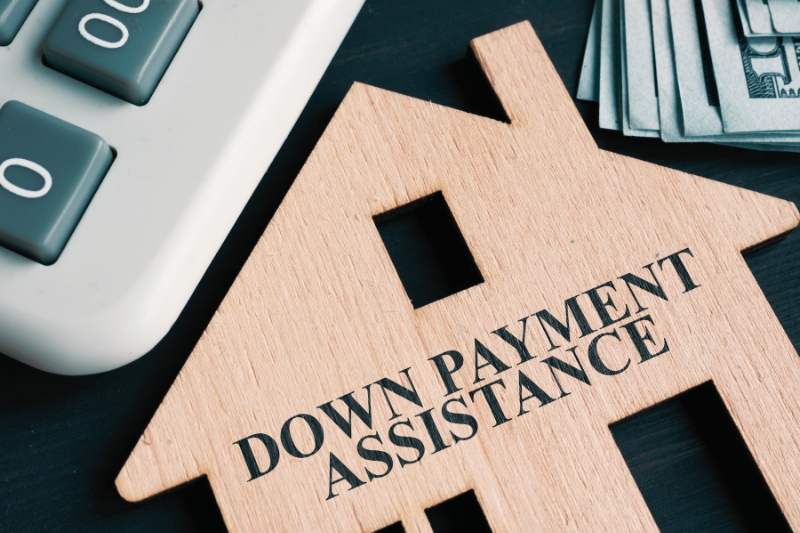Buying a home isn’t just about falling in love with that cute bungalow in Cypress…
How Student Loans Affect Mortgage Approvals
Buying your dream home while still lugging around student loans might feel like trying to run a marathon with a backpack full of bricks. But guess what? It’s possible—with a game plan. Lenders aren’t here to ruin your vibe; they just want to make sure you can handle a mortgage on top of everything else. Here’s how student loans play into the homebuying picture—and how to finesse the system to your advantage.
🎯 First Stop: Your Debt-to-Income Ratio (DTI)
This is lender-speak for “Can you afford this house without going broke?” It’s a calculation of how much of your monthly income is already going toward debt—like car notes, credit cards, and yep, those student loans.
Pro tip: To keep lenders comfy, aim for a DTI below 43%. Lower is better, but even if you’re hovering above that line, don’t count yourself out—some loan programs are more flexible.
💸 What They See: Your Monthly Student Loan Payments
Lenders don’t just look at how much you owe—they zoom in on your monthly payment. A big student loan payment can eat into how much house you can qualify for. But if you’re on an income-driven repayment plan, that could work in your favor. Lower monthly payments = lower DTI.
💥 Credit Score Still Reigns Supreme
Student loans can actually help you build credit—if you’re making payments on time. But late payments? They’ll drag your score down faster than a bad Yelp review. Since your credit score directly affects your interest rate (and whether you get approved at all), protect it like your favorite pair of sneakers.
🚀 The Wild Card: Student Loan Forgiveness
If you’re on a forgiveness plan (like PSLF), your remaining balance could be wiped out eventually. Some lenders may ignore that balance in your DTI if forgiveness is in sight. Others may still count it. The key? Talk to your lender early and find out how they treat forgiveness programs.
💡 Ways to Boost Your Chances:
- Chip away at your loan balance. Extra payments can help lower your DTI and look good to lenders.
- Consider income-driven repayment. This lowers your monthly obligation and could open more mortgage options.
- Polish that credit score. Pay on time. Keep balances low. Don’t open five new credit cards in a panic.
- Avoid new debts. Hold off on that new car or fancy furniture until after you close.
- Get real with your lender. Don’t hide the student loans—some lenders have custom programs for folks just like you.
Bottom line? You don’t need to be student-loan-free to get approved for a mortgage. You just need a plan, some patience, and a lender who sees your full financial picture—not just your FSA balance.
✨ Want help mapping this out? Let’s talk about your student loan situation and how it affects your mortgage options.
📊 Or if you’re ready to crunch numbers, use my affordability calculator here.





